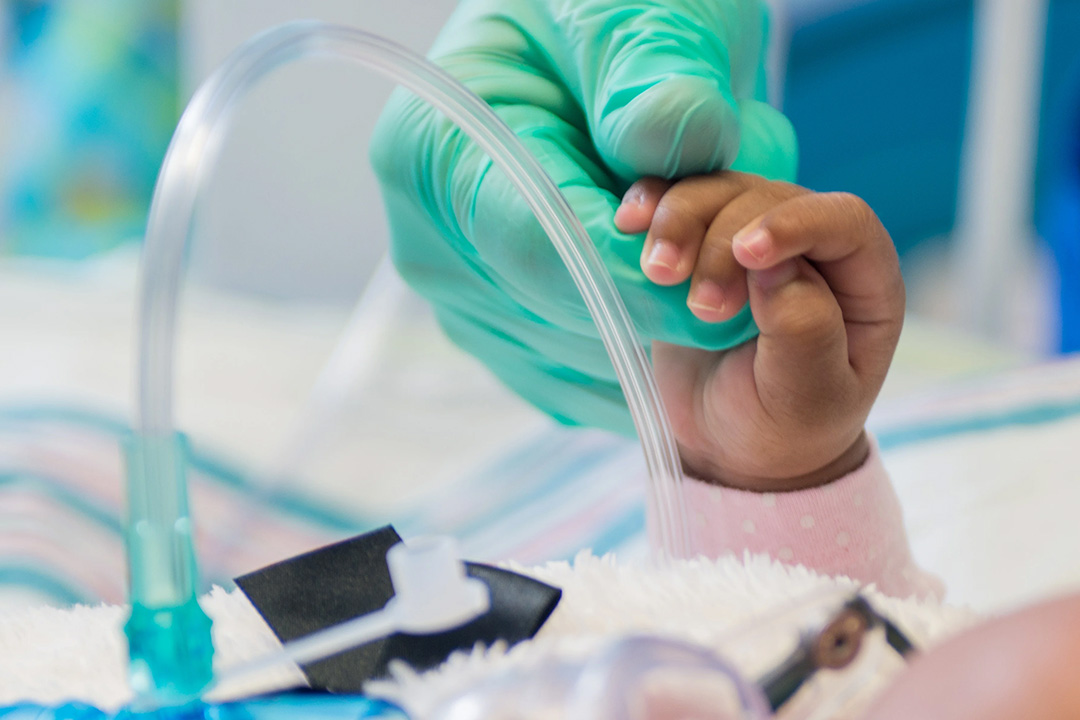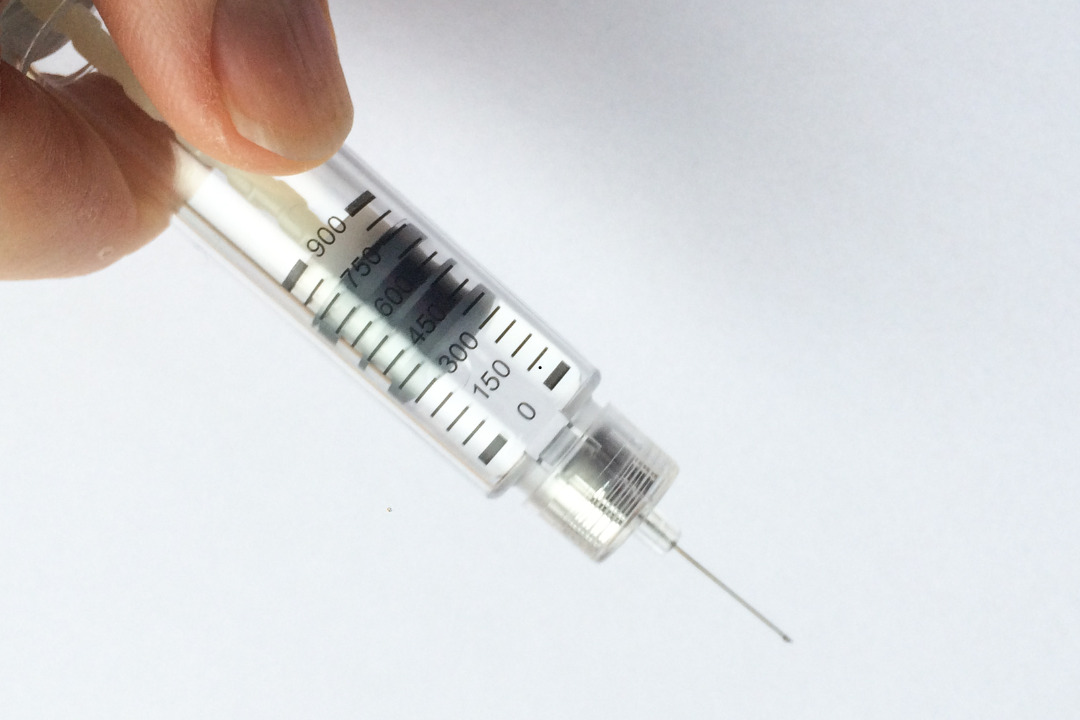ICSI Treatment: Detailed Guide and Insights
In this article, we will provide a comprehensive guide to ICSI (Intracytoplasmic Sperm Injection) treatment, including its procedure, success rates, costs, risks, and much more.
Introduction to ICSI Treatment
ICSI (Intracytoplasmic Sperm Injection) is a kind of IVF treatment that is applied when the problem is in the man.
The procedure directly involves the injection of one sperm into an egg so that it can be fertilised.
Compared to regular IVF, in which sperm is provided with an opportunity to penetrate the eggs on its own.
The ICSI treatment assists in cases when a man has a low sperm count, sperm mobility, or any other sperm-related problems.
What is ICSI Treatment?
ICSI full form means Intracytoplasmic Sperm Injection.
It is a fertility treatment that involves the process of placing one sperm cell directly into the cytoplasm of a mature egg with the intention of increasing the likelihood of fertilization.
This treatment is usually advised for situations where sperm has low motility, poor morphology, or low count.
ICSI treatment is usually applied when standard IVF procedures cannot be utilized as a result of male-factor issues.
ICSI Treatment vs. IVF: Key Differences
| Aspect | ICSI (Intracytoplasmic Sperm Injection) | IVF (In Vitro Fertilization) |
|---|
| Procedure Focus | Involves injecting a single sperm directly into the egg. | Involves fertilizing the egg with sperm in a lab dish. |
| Use of Sperm | Often used when there are male infertility issues, such as low sperm count or poor motility. | Suitable for cases where egg and sperm quality are the primary concern. |
| Fertilization Method | One sperm is injected directly into the egg for fertilization. | Sperm is mixed with eggs and fertilization happens naturally. |
| Sperm Selection | No need for sperm to be motile, as any sperm can be used. | Sperm should be motile and healthy for successful fertilization. |
| Success Rate | Higher success rate in cases of male infertility. | Success rates can vary based on female fertility factors. |
| Procedure Complexity | More complex due to the micro-injection process. | Generally simpler compared to ICSI, as sperm and egg are mixed naturally. |
ICSI Fertility Treatment Procedure
The ICSI fertility treatment process is carried out in several steps. It is a process taking several weeks and it is advisable to be carried out under medical supervision.
Here’s how it works:
1. Ovarian Stimulation
This is achieved by administering hormone injections into the woman with the aim of making her ovary release more than one egg. This process helps to avoid a situation where eggs are not sufficient to be retrieved during the procedure.
2. Egg Retrieval
Follicular aspiration is a minor surgery which is used to remove mature eggs from the woman’s ovaries. This procedure will require the patient to be under anaesthesia.
3. Sperm Collection
The sperm sample is obtained from the male participant or a reputable donor. The sperm is further processed and only the best quality healthy sperm is selected for use.
4. ICSI Injection
The selected sperm is then placed into the cytoplasm of each mature egg through the process of microinjection using a needle. The whole process of immerging the sperm in the fowl and the subsequent introduction of the eggs is carried out very carefully to ensure that there is a high rate of fertilization.
5. Embryo Culture
These fertilized eggs undergo a process of culture in a laboratory after the injection has been made. Embryologists observe the development of embryos in subsequent days after fertilization.
6. Embryo Transfer
The best embryo is then placed in the woman’s uterus through a catheter. This procedure is also like a typical IVF embryo transfer, but the way and manner in which the embryo is produced is different.
Who Needs ICSI Treatment?
ICSI treatment is usually advised in the case of male factors contributing to infertility. Here are some specific scenarios where ICSI is necessary:
- Low Sperm Count: In cases where there is a very small concentration of motile sperm in a given specimen.
- Poor Sperm Motility: When the sperm has a low motility, meaning it cannot swim to the egg and fertilize it on its own.
- Abnormal Sperm Morphology: Pathological testicular conditions that impede the occurrence of normal penetration.
- Previous IVF Failures: In cases where previous IVF attempts have been tried and have failed because of problems associated with male infertility, ICSI offers a solution to these difficulties.
Besides, ICSI fertility treatment is useful, especially when there are hereditary diseases, because it helps in testing the embryos before implantation is conducted.
ICSI Treatment Cost: Factors and Variations
The ICSI treatment cost may be different due to the location of the clinic, other treatments that need to be used, and the situation with the couple.
The normal price ranges from INR 100000 to 150000 but the price may be higher or lower depending on the kind of treatment that may be recommended.
Success Rates of ICSI Treatment
Generally, the ICSI treatment success rates may vary from 30/70% and this depends on several factors.
The factors include the age of the woman, egg and sperm quality and fertility problems which the couple might be facing.
Overall, success rates are lower when the woman is older in age, and the quality of eggs directly impacts the results of the procedure.
| Women’s Age | Success Rate |
|---|
| Under 35 years | 45-50% |
| 35-37 years | 40-45% |
| 38-40 years | 30-35% |
| Over 40 years | 15-25% |
Risks of ICSI Treatment
The risks of ICSI treatment include:
| Risk Factor | Description |
|---|
| Ovarian Hyperstimulation Syndrome (OHSS) | This condition can cause the ovaries to become swollen and painful due to hormone injections used in ovarian stimulation. |
| Multiple Pregnancies | The use of ICSI treatment can increase the chances of multiple pregnancies, such as twins or triplets, which can have health risks for both the mother and the babies. |
| Genetic Abnormalities | There is a higher risk of passing genetic abnormalities if there are inherent issues with sperm or eggs, leading to the potential for complications in some cases. |
Benefits of ICSI Fertility Treatment
There are numerous benefits to choosing ICSI treatment:
- Increased Chances of Fertilization: ICSI enhances the chances of fertilization even if sperm quality is low, or sperm concentration is low.
- Overcomes Male Infertility Issues: It is recommended for use in the treatment of male infertility, especially if sperm motility is low or if sperm morphology is compromised.
- Higher Success Rates for Specific Conditions: Especially helpful for married people who may have endured multiple rounds of IVF treatments due to the husband’s factor.
- Direct Sperm Injection: It involves the operation where sperm is directly placed onto the egg, thereby avoiding the movement of sperm, which plays a big part in cases where the sperm has a hard time penetrating the egg.
- Can Be Used with Frozen Sperm: ICSI may be used with frozen sperm, which means this procedure can be helpful for men who have had a vasectomy or those who store sperm before cancer treatment.
- Reduced Risk of Genetic Abnormalities: One possible benefit of ICSI is that using the best quality sperm reduces the chances of transmitting genetic disorders.
- Improved Egg Fertilization Rate: ICSI makes sure that all the eggs even the ones with a thick zona have their membranes breached.
- Suitable for Severe Male Factor Infertility: ICSI is applied when other forms of infertility treatments like intrauterine insemination (IUI) do not work due to the male factor.
- Helps with Low Egg Quality: It is ideal for women who have poor-quality eggs or those who are of advanced age, which reduces the success rates of IVF.
- Embryo Screening Opportunities: It also enables preimplantation genetic diagnosis/screening (PGD/PGS) to screen embryos genetically and select what parents consider to be healthy embryos to transfer.
Preparing for ICSI Treatment
Before starting the treatment process, it is important to prepare adequately:
- Medical Evaluation: The couple takes a fertility workup to establish the cause of infertility through sperm tests, hormone tests, and follicle-stimulating tests.
- Ovarian Stimulation: It means that the woman should be ready for hormone shots which will cause the ovaries to release several eggs.
- Sperm Collection: The male partner should produce a new sample of sperm, which will be tested and processed for the purpose of placing it into the eggs.
- Lifestyle Adjustments: Lifestyle changes are also important to enhance fertility and ICSI treatment, avoiding a high-calorie diet, ‘taking regular exercise’ and abstaining from smoking or taking alcohol.
What to Expect During and After ICSI Treatment
During ICSI Treatment
- The woman then undergoes hormone injections to cause the ovaries to release multiple eggs instead of a single one. This process is scrutinized so that through ultrasounds and blood tests, the development of eggs can be observed and monitored.
- After the eggs are ready, they are collected through a procedure that only requires general anaesthesia.
- In the laboratory, sperm is then placed into each egg by a procedure known as intracytoplasmic sperm injection. This step makes certain the sperm penetrates and fertilises the egg.
- The fertilized eggs are then fertilized and held under optimal conditions in a laboratory as they are observed for development. It usually lasts for approximately between 3 to 5 days; during these days, the embryologist checks the growth of these embryos.
After ICSI Treatment
- After fertilization, only the best quality embryos are placed into the uterus and this is usually after two to five days of fertilization.
- Some women may experience mild cramps, or experience bloating, or notice slight bleeding afterwards, which is normal.
- After transfer, the patient should avoid any activity and follow the doctor’s advice to ensure that the embryos will be successfully implanted in the uterus.
- A blood test is usually repeated after about two weeks just to confirm whether or not pregnancy has occurred.
- It’s essential to have emotional encouragement since the process could be physically and emotionally demanding. During this time one may need people around them to encourage and support them.
Myths and Facts About ICSI Treatment
- Myth 1: The success rate of ICSI treatment is high and it assures a healthy baby. Fact: ICSI enhances fertilization rates, but it does not guarantee that the resultant pregnancy will be healthy. The early detection of carriers of the various genes with undesirable characteristics is crucial to minimize genetic disorders.
- Myth 2: In ICSI treatment, success rates are always guaranteed in the case of male infertility. Fact: ICSI has been found to enhance the fertilisation capacity for male sterility, but the overall chances highly depend on factors such as the quality of sperm, the quality of the eggs, and the age of the female partner. Results can vary.
- Myth 3: Some of the treatments that are practised in ICSI are painful and uncomfortable. Fact: The process of egg retrieval entails the use of mild anaesthesia, and most women do not experience much pain. The technique is normally safe, and in case of side effects, discomfort is often mild and lasts for a short time only.
- Myth 4: ICSI treatment can be performed without any medical supervision. Fact: ICSI needs medical monitoring throughout the procedure. Ovarian hyperstimulation, oocyte collection, and embryo transfer need special attention towards the best results.
- Myth 5: ICSI treatment can be applied for any form of infertility. Fact: ICSI is usually applied in male infertility, especially when the sperm quality is low or the sperm concentration is low. In the case of other causes of infertility, one may require a different treatment regime.
Choosing the Right Clinic for ICSI Treatment
When selecting a clinic for ICSI treatment, consider the following factors:
- Success Rates: The clinics that have better success rates are the ones that are better than the others.
- Experienced Team: More cases of higher percentage success rates are likely to be achieved in clinics with experienced fertility specialists and embryologists.
- Facilities and Technology: High-tech gear like time-lapse cameras and preimplantation genetic diagnosis may enhance the probabilities.
- Patient Reviews: It is important to check the patient testimonials to get an idea of the credibility and the kind of services being offered at the clinic.
One major determinant of success and confidence while undertaking ICSI treatment is the clinic being used.
Psychological Impact of ICSI Treatment
The emotional results of going through tests on fertility such as ICSI are something that can change a person.
The patients are bound to develop anxiety, stress and depression due to lack of information related to the outcome of the treatment. It’s crucial to:
2. Genetic Screening Techniques
- Seek Support: For managing the resultant psychological stress, it may be helpful to consult with a fertility counsellor or therapist.
- Lean on Support Systems: Being able to talk to others who are also facing similar situations may be something comforting for the person.
- Practice Self-Care: It is helpful to partake in activities which can be soothing to the mind and healthy for one’s body, like meditating, yoga or exercising.
- Stay Informed: With knowledge in hand regarding what to expect and the different possible scenarios that could be encountered during the treatment process, fear of the unknown and or unrealistic expectations or demands can be easily dealt with.
Diet and Lifestyle Tips for ICSI Success
| Tip | Explanation |
|---|
| Eat a balanced diet | Focus on foods rich in antioxidants (berries, green leafy vegetables), omega-3 fatty acids (fish, flaxseeds), and essential vitamins and minerals. |
| Exercise regularly | Staying active helps boost fertility and improve overall reproductive health. |
| Avoid smoking | Smoking can negatively impact sperm and egg quality, reducing chances of success. |
| Limit excessive alcohol | High alcohol intake can harm fertility and reduce the chances of successful conception. |
| Maintain a healthy weight | Both underweight and overweight conditions can impact hormone balance and fertility. |
| Manage stress | Chronic stress can interfere with fertility; practices like meditation and yoga can help. |
References

About Us
AKsigen IVF is a premier center for advanced fertility treatments, with renowned fertility experts on our team. Specializing in IVF, ICSI, egg freezing, and other cutting-edge reproductive technologies, AKsigen IVF is committed to helping couples achieve their dream of parenthood. With personalized care and a patient-first approach, AKsigen IVF provides comprehensive fertility solutions under one roof.























































































